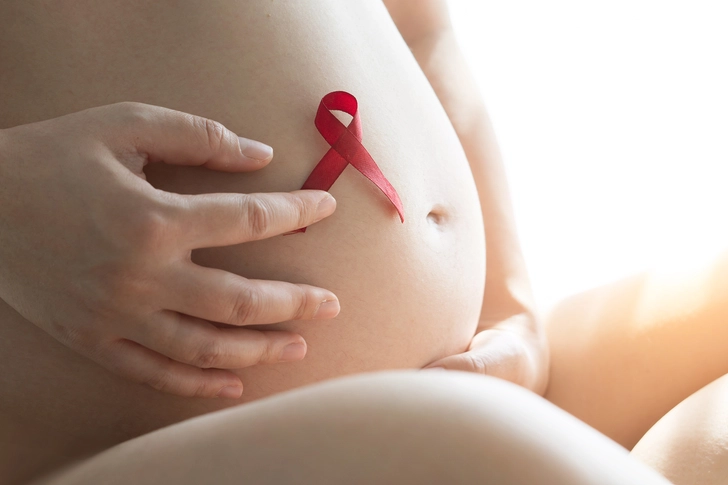- Overview
- Symptoms
- Causes & Risks
- Screening & Testing
- Diagnosis
- Treatment
- How HIV Affects the Body
- Opportunistic Infections
- Complications
- Living With
- Dating & Relationships
- Support & Resources
- Prevention
- Appointment Prep
- View Full Guide
Understanding HIV and Viral Load


Understanding Undetectable Viral Loads
An undetectable viral load means that HIV levels in your blood are so low that tests can't detect them. This is achieved through consistent antiretroviral therapy. Though it doesn't mean you're cured, it greatly lowers the risk of transmitting HIV to others. Regular medical checkups and adherence to medication are crucial for maintaining an undetectable status.

Maintaining an Undetectable Viral Load
To maintain an undetectable viral load, it's critical to take your HIV medications exactly as prescribed. Missing doses can allow the virus to multiply and become detectable again. Regular blood tests, typically every three to six months, help monitor your viral load. Talk openly with your health care provider about any challenges in sticking to your treatment plan.

Protecting Your Partners
While an undetectable viral load greatly reduces transmission risk, it's still important to practice safe sex. Using condoms can protect against HIV and other STDs and serve as an additional safeguard. Open communication with sexual partners about your HIV status and treatment is crucial. Consider discussing pre-exposure prophylaxis (PrEP) with HIV-negative partners for added protection.

Undetectable Status and Pregnancy
For HIV-positive people considering pregnancy, maintaining an undetectable viral load is vital. With proper medical care and an undetectable status, the risk of transmitting HIV to the baby during pregnancy, childbirth, or breastfeeding is greatly lowered. Talk to your health care provider to develop a safe plan for conception and pregnancy.

Living Positively With an Undetectable Status
Achieving and maintaining an undetectable viral load can greatly boost your quality of life. It allows you to have healthy relationships and reduces anxiety about spreading disease. Remember, your worth isn't defined by your HIV status. Stay connected with support groups, prioritize self-care, and focus on your overall health and well-being. With proper management, HIV doesn't have to limit your life experiences.
PHOTO CREDENTIALS
Slide 1: Kraken Images/Shutterstock
Slide 2: Prostock-studio/Shutterstock
Slide 3: Yuri A/Shutterstock
Slide 4: LittlePerfectStock/Shutterstock
Slide 5: Xavier Lorenzo/Shutterstock
SOURCES
CDC: “HIV Treatment,” “Pre-Exposure Prophylaxis (PrEP).”
HIV.gov: “HIV Treatment as Prevention,” “Sexually Transmitted Infections.”
JMIR Public Health and Surveillance: “Viral Loads Within 6 Weeks After Diagnosis of HIV Infection in Early and Later Stages: Observational Study Using National Surveillance Data.”